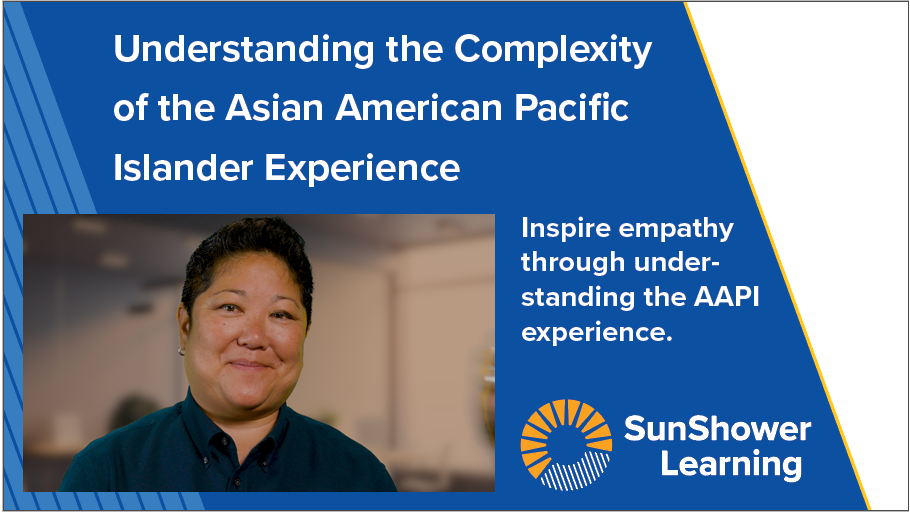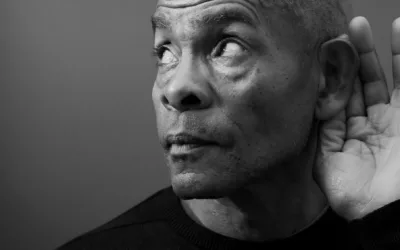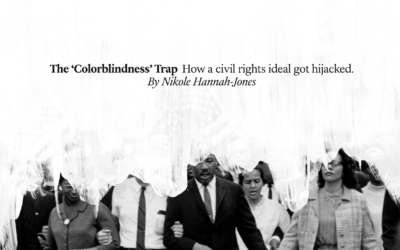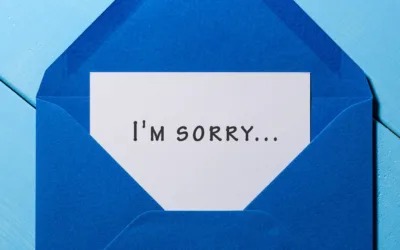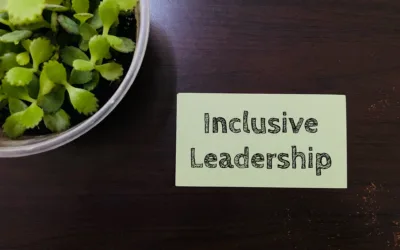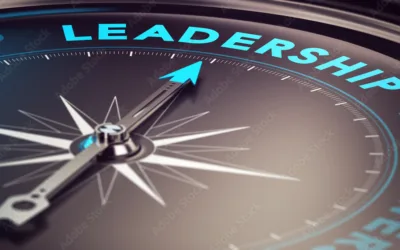How Fair Is American Society?
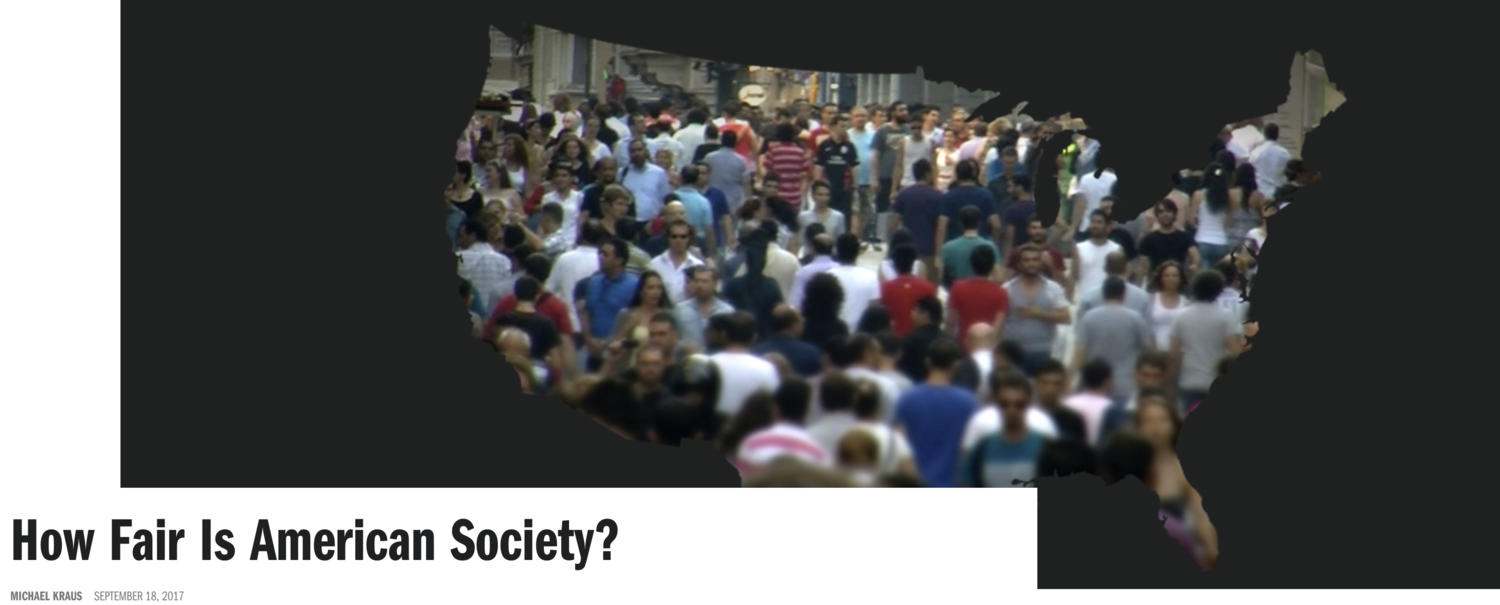
Interesting article about a study at Yale.
They found that Americans think our society is much fairer in terms of how wealth and income are shared across racial groups than what the numbers indicate. These overly optimistic perceptions may help explain why the wealth and income gaps persist.
Q: What did you learn through this study?
The biggest takeaway is that people in general in American society are overly optimistic about how much we share economic resources between different demographic groups. Our study is about black Americans and white Americans. Participants in our study estimated that things are relatively fair in terms of economic outcomes, but in fact, when you look at the best estimates based on publicly available economic data, you find wide chasms in terms of income and wealth disparities between black and white Americans. Those chasms have been huge for decades. And our participants in the studies think that those divides are smaller and that they’re naturally closing.
Q: How important is it to see that problem accurately?
One of the dangers that we see happening is that we want to move past issues of race all the time because they are difficult to talk about, because they bring up really painful pasts that we have lived in this country. It’s much more comfortable for us to avoid those thoughts. “Let’s think about it as something that happened in the past and move on to a brighter future.” Our paper suggests that what happens when you avoid thoughts of racial inequality is that you believe that economic differences between racial groups in society are naturally solving themselves.
When we perceive that kind of reality we can go on with our lives. It feels kind of comfortable. But in avoiding racial inequality, we will miss an opportunity to contend with one of the major challenges in our society. We want our society to be genuinely meritocratic. We want our society to live up to the American dream and we can’t do that if this inequality exists. And we definitely can’t solve the problem if we don’t know it exists.
More From Our Blog…
Understanding Employee Responses to DEI Initiatives: Insights and Strategies
A recent study sheds light on a previously underexplored aspect of DEI training. While much focus has been placed on the facilitators, trainers and the content of DEI programs, this study examines how employees actually respond to the training. Published in Harvard...
SHRM’s Removal of “Equity” From DEI Framework: A Step Backwards Amid Growing Backlash
In a stunning step in the wrong direction, the Society for Human Resources Management (SHRM), the world’s largest HR association, has removed “Equity” from its “IE&D” framework. What message does this send, especially amid strong pushback against Diversity, Equity...
Navigating the Shifting Landscape of Diversity, Equity and Inclusion Programs
In the midst of the evolving landscape of corporate diversity initiatives, there's a seismic shift underway. The once-prominent acronym "DEI" - representing diversity, equity and inclusion - is notably absent from many company discussions. As explained in the article...
A Groundbreaking New Course: Understanding the Complexity of the Asian American Pacific Islander Experience
With over two decades of experience in the educational sector, Hideko Akashi, founder and lead consultant at Liberation Consulting, has been a steadfast advocate for diversity, privilege, social justice, inclusion and equity. Now, she's opening a new chapter with the...
The Deafening Silence of DEI Allies: A Call to Action in Troubled Times
As we commemorate the legacy of Rev. Dr. Martin Luther King Jr., his poignant words echo through the corridors of history, reminding us of the profound impact of silence in the face of injustice.” In the end, we will remember not the words of our enemies, but the...
DEI LEAP: Empowering Leaders Through Turbulent Times
DEI LEAP: Empowering Leaders Through Turbulent Times As we all know, 2024 has brought a wave of attacks against DEI. A handful of outspoken critics, such as Elon Musk, are misrepresenting DEI and attacking the strategies and practices that are creating more equitable...
The Colorblindness Trap
Read. This. Article. It's important. The Color Blindness Trap: How a civil rights ideal got hijacked Nikole Hannah-Jones is a domestic correspondent for The New York Times Magazine focusing on racial injustice. Her extensive reporting in both print and radio has...
The Unbearable Lightness of the “I’m Sorry if You Were Offended” Apology
Have you ever come across that non-apology apology? You know, the one that goes, "I’m sorry if you were offended," or its close cousin, "I’m sorry that you…" These non-apologies aren't just weak; they can actually inflict more harm and exacerbate hurt feelings. They...
The Power of Diversity: McKinsey’s Latest Report Reinforces the Business Case for Inclusive Leadership
In an era where corporate social responsibility is no longer just a buzzword but a fundamental aspect of successful business strategies, McKinsey's latest report, "Diversity Matters Even More: The Case for Holistic Impact," underscores the undeniable link...
“Laying Low” Is the Wrong DEI Strategy
“The ultimate measure of a man is not where he stands in moments of comfort and convenience, but where he stands at times of challenge and controversy.”- Martin Luther King, Jr. In an era marred by politicized attacks on diversity, equity and inclusion (DEI), Shaun...




